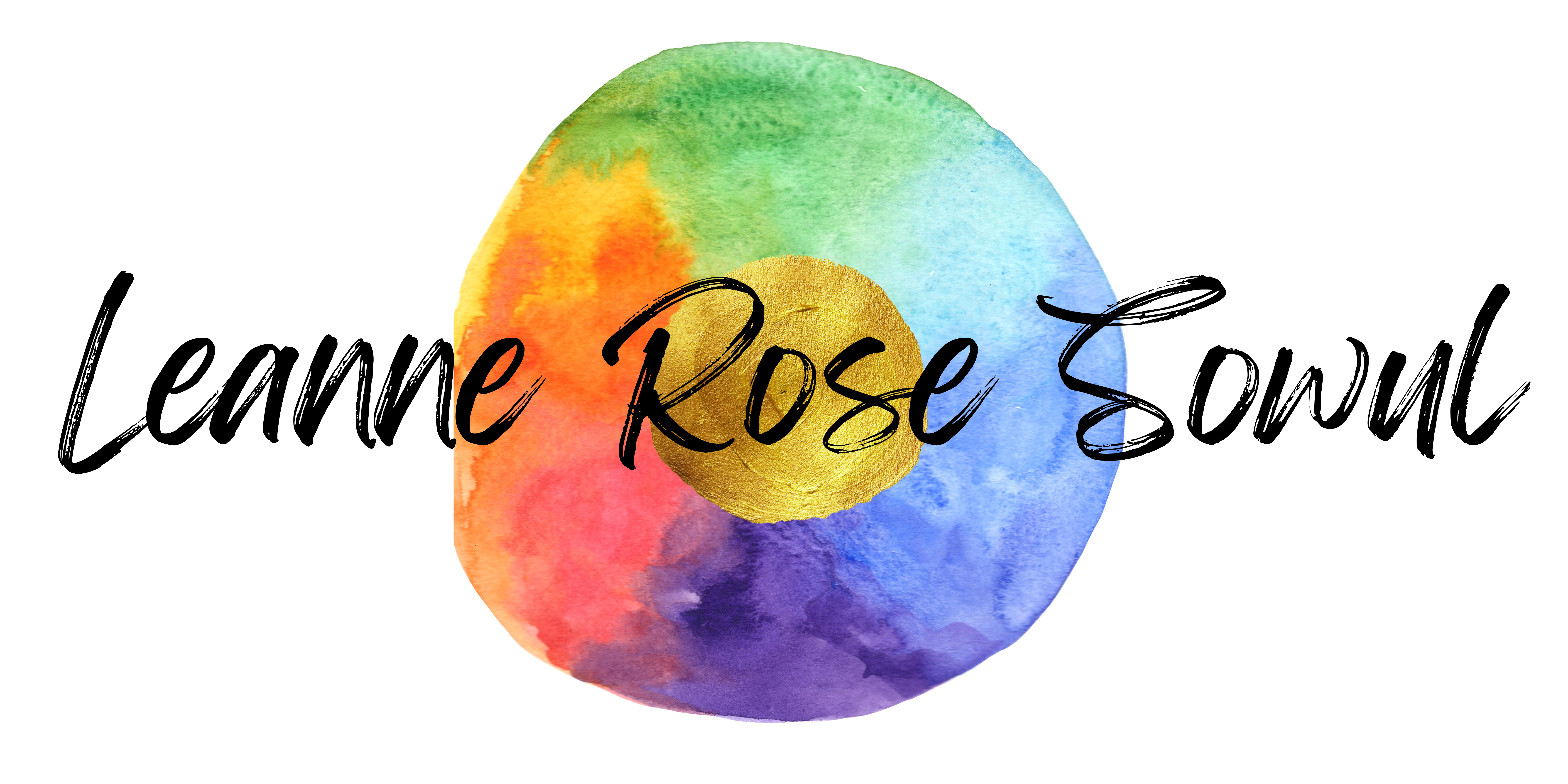One of the best things about the writer’s retreat I attended last weekend was the mandate that all writing done in the kula must be read aloud. (You could technically refuse for a round or two, but it’s strongly discouraged.) It’s a scary feeling, having to read something you’ve written, and even scarier when it has to be done mere moments after you’ve written it. There’s little time to edit; the first draft is all you have. And yet, once open to the experience, I found it produced incredible results. True, the words weren’t completely polished, and sometimes we went off on tangents that strayed from a traditional essay structure. But we all found our authentic writing voices, and the result was powerful.

It’s making me think about how much- or how little- the writer’s physical voice comes into play when communicating her work. It’s not often that we hear a writer actually read her work aloud. It happens at staged events, at poetry readings or book signings, but for the most part we only hear the inner monologue of our own reading voice. How does that differ from the writer’s version? How much is the intent or inflection changed? And what does that mean for the way a writer communicates to her readers?
I’ve been trying to frame it in regards to music composition, a field I understand perhaps a little better. A composer writes a piece, and plays it for herself. She often doesn’t have a full compliment of instruments to experiment with, so the composing is largely done with a composite of keyboard or piano, electronically-inputted sounds on a software program, and the melodies in her own head. The composer may, and often does, have the ability to attend and help shape the rehearsals of the premiere performance, but after that the work is largely out of her hands. It’s published by a company that distributes the music, and lands on the podium of a conductor she’s never met, who will then translate the music to his ensemble and personal musical taste. What the composer intended may be changed significantly from performance to performance, and the composer herself will never know.
It’s very similar to a writer’s publishing process, with the added element that we can never know what goes on inside our readers’ heads, and therefore don’t even have the benefit of listening to a recording to see what’s changed.
And all of that goes back to what I experienced at the writer’s retreat this weekend. You write, and then you immediately must let it go. Even when I was the one reading aloud, I couldn’t know how it landed on each listener’s consciousness. I didn’t know each reader’s frame of reference or perspective on the topic, and I couldn’t even hear my own voice with objectivity. So I had to simply release my words into the world, without worrying about where and how they fell.
Despite rounds of edits, despite agent and editor intervention, despite author media presence and fandom, this is basically how the process works and will continue to work as long as there are readers and writers. We create, then we release. It’s frightening… yet strangely freeing.

